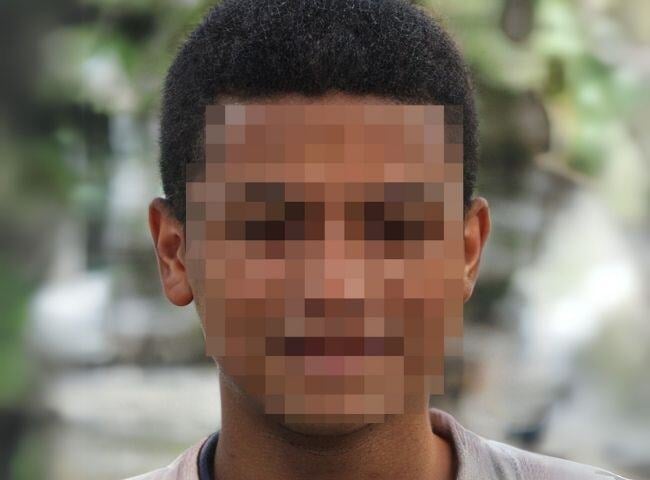Meet Addy

Addy's story
Electrolysis Support Fund recipient
Addy (they/them) is a BIPOC trans man preparing for gender-affirming surgery. After losing both of their parents, who had been their sole source of financial support, Addy found themselves navigating grief, homelessness, and family rejection all at once. “No inheritance was in place due to the sudden deaths, and other family members now don't want me to be given funds due to not agreeing with my transition,” they share.
Though they are now in a safer housing situation, Addy continues to face financial hardship and legal uncertainty. Access to electrolysis through the Electrolysis Support Fund brings them one step closer to surgery and helps ease the burden they’ve been carrying.
Addy's timeline
-
Award Granted
April 14, 2025
Addy was awarded a grant toward permanent hair removal! -
Care Received
April 22, 2025
A payment has been made toward Addy's permanent hair removal! -
Care Received
April 22, 2025
A payment has been made toward Addy's permanent hair removal! -
Care Received
April 30, 2025
A payment has been made toward Addy's permanent hair removal! -
Care Received
May 8, 2025
A payment has been made toward Addy's permanent hair removal! -
Care Received
July 1, 2025
A payment has been made toward Addy's permanent hair removal!
-
Care Received
September 17, 2025
A payment has been made towards Addy's permanent hair removal!
About Hair Removal: Masc Award
On average, it costs $1,700+ for Addy's care.
- What is it?
- Before care
- After care
What is it?
Point of Pride provides grants to trans masc people seeking hair removal on an area of their body in preparation for bottom surgery.
What is life like for a person who needs this care?
Electrolysis and laser hair removal services are often deemed cosmetic and therefore not covered by health insurance plans, even if such services are medical prerequisites for a covered surgery. For people who cannot afford hair removal, they are stuck without options to move forward with their healthcare needs.
What is the impact of this care on the recipient’s life?
After completing hair removal, these folks are able to move forward with their surgeries. In itself, this often leads to a more positive emotional well-being, increased confidence, and more.
Your support funds healthcare that's
life-changing. Life-saving. Life-giving.